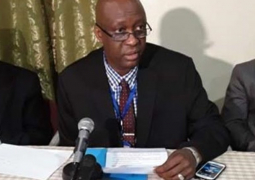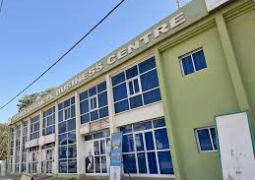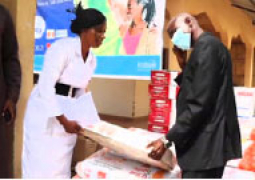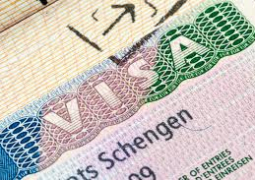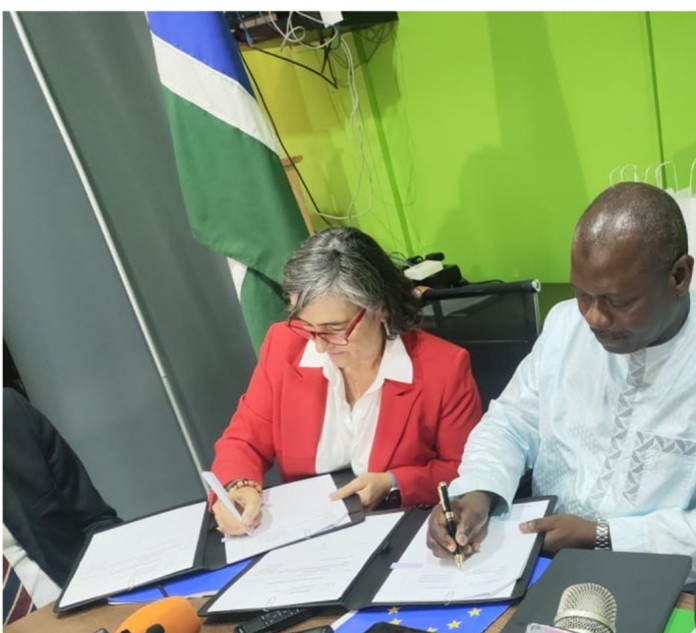
The project will be implemented by COLEAD. The initiative seeks to address key challenges in the agri-food sector by expanding investment, improving productivity, and creating economic opportunities, with special focus on women, youth, and vulnerable groups.
It will primarily target horticultural value chains, where the potential for job creation and nutritional gains is highest.
Through the programme, efforts will be directed at enhancing plant health, food safety, and quality management by strengthening the capacities of farmers, processors, and regulators to adopt sustainable agro-ecological practices.
It will also promote diversified, nutrition-sensitive, and climate-resilient value chains to boost domestic food security and competitiveness in export markets.
EU Ambassador to The Gambia, Immaculada Roca I Cortés, highlighted the EU’s longstanding support to the country since 2017, noting its contribution to democracy, transitional justice, sustainability, and human development.
She stressed that The Gambia is one of the largest recipients of EU development cooperation per capita, which she said underscores Europe’s commitment and solidarity.
“Today’s agreement reflects our shared determination to help Gambian farmers, especially women and young people, grow more nutritious food, raise their incomes, access new markets, and adopt eco-friendly practices that safeguard the environment,” she said.
Finance Minister Seedy K.M. Keita described the new financing agreement as a milestone in advancing rural development and food security.
He noted that agriculture continues to play a leading role in the country’s economic growth, contributing 5.7% to GDP in 2024 compared to 4.8% in 2023. He said the EU’s support is both timely and critical as The Gambia works towards more climate-resilient and robust agricultural value chains.
Agriculture Minister Demba Sabally emphasized that the programme has the potential to transform the future of women and young people by promoting agripreneurship, access to finance, better working conditions, and gender equality.
He added that it will also advance food sovereignty, increase the share of local produce in the domestic market and hospitality sector, and open opportunities for organic and premium value chains that can benefit farmers and the tourism industry.


